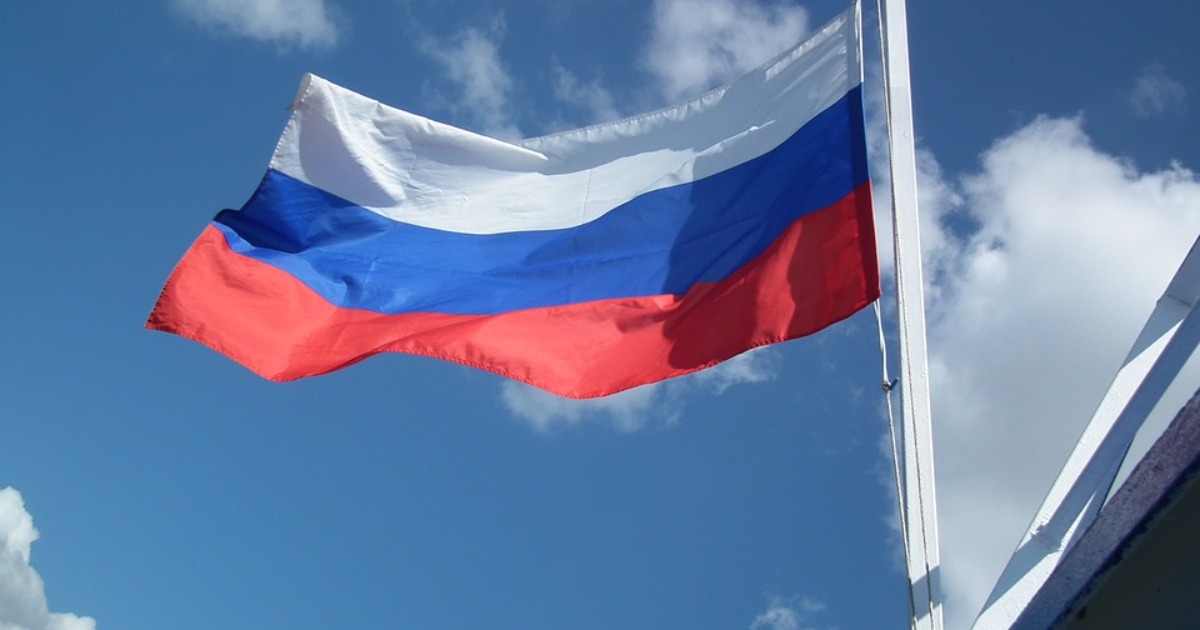Smash Burgers, Onions and Climate Change
A Depression-era meal for more environmental-minded times? A hamburger treat from Oklahoma City to get more out of less hits Berlin.
January 22, 2022

With his inimitable smile and eyes full of delight, my uncle Jim bit lustily into his onion sandwich, as I watched, a transfixed seven-year-old of the 1950s. A sandwich of white bread and white onions – and just a little mayonnaise!
Jim took delight in a lot of simple things, which was part of his charm as well as part of his gratitude. He had served five years in the Pacific theater in World War II, seeing some awful battles as an ambulance driver and a U.S. Army soldier.
He was gleeful to have been posted at Pearl Harbor in Hawaii, until that Sunday morning of December 7, 1941. He was among the few people first to have dived and then to have strung barbed wire off that coast. For 30 years after his return to the United States, he woke up every night screaming, a condition now called PTSD.
War-torn but very young, he returned to the United States the relatively poor man he had been when he left. Did he eat onion sandwiches because there was not much other food around? Could be.
Nutritional and health benefits of onions
Since then, I have learned that there is a lot to be said for onions: “Onions contain antioxidants and compounds that fight inflammation, decrease triglycerides and reduce cholesterol levels — all of which may lower heart disease risk. Their potent anti-inflammatory properties may also help reduce high blood pressure and protect against blood clots.”
Wow! Jim would have fit right into this world moving toward vegetarian substitutes in the American and worldwide diet.
The costs to the climate of beef
One really big substitution that needs to take place is for the beef in hamburgers. The latter have taken over the world in the decades following WWII.
Walking recently near Wittenberg Platz in Berlin – the German capital city that is the very core of social and culinary experimentation — I noticed a stand for “Smash Burgers.”
The curious name alone, plus my American upbringing, convinced me that this no doubt deserved trying.
Smashing out a culinary compromise
The “smash” in smash burger speaks to the cooking method. The meat is smashed into an ultra-thin patty, with onions on top that cook directly on the griddle.
As a general rule, smashing meat and pushing the juice out is a big “No, No.” But it is different here.
What you get is an entirely different burger experience – a caramelized, thin sliver of meat and onions forming a different texture and taste from the normal burger.
Why is it also called the “OKC” burger?
Apparently, the smash burger is related to the onion burger, invented by Ross Davis in the 1920s at the Hamburger Inn in Ardmore, Oklahoma.
Onions were cheap during the depression and hamburger meat expensive. Ross came up with the thrifty idea of adding onions to the burgers and smashing them into the meat with the back of his spatula.
“Sweet are the uses of adversity”
They were called Depression Burgers and Ross would pound a half onion’s worth of shreds into a 5-cent burger.
The ground meat and onions cooked together, infusing the patty with the onion until the burger was seared around the edges and the onions caramelized and crisped.
Conclusion: Will foodies adopt smashes?
Will the smash burger be a mascot for environmentally friendly consumption? That may be a bit overstated. Any meat consumption is environmentally costly.
Nevertheless, the burger represents a spirit that many, hoping to contribute to combating climate change, can take up: To get more out of less, while still enjoying what we consume.

